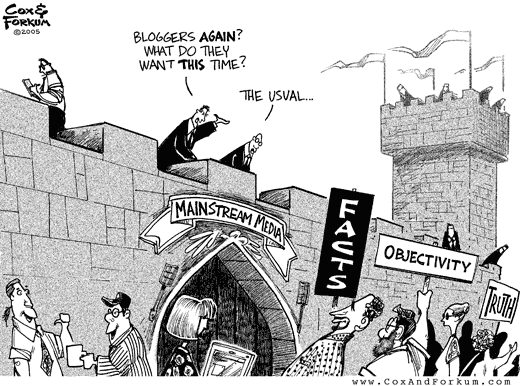
The English Deists: Lord Herbert of Cherbury, Founder
The beginnings of English Deism appear in the
seventeenth century. Its main principles are to be found in the writings of Lord
Herbert of Cherbury (d. 1648), who devoted the latter part of a life spent in a
military and diplomatic career to a search for a standard and a guide in the
conflicts of creeds and systems.
He was a friend of Grotius, Casaubon, and
Gassendi, and during a long sojourn in France made himself acquainted with the
thought of Montaigne, of Bodin, and especially of Charron. His works are: De
Veritate (Paris, 1624); Cherbury. De religions Gentilium errorumque apud
eos causes (London, 1645); and two minor treatises, De cause errorum
and De religions laici.
The first work advances a theory of knowledge
based upon the recognition of innate universal characteristics on the object
perceived, and rigidly opposed to knowledge supernatural in its origin and
determinable in only by strife and conflict. The second work lays down the
common marks by which religious truth is recognized.
These are (1) a belief in
the existence of the Deity, (2) the obligation to reverence such a power, (3)
the identification of worship with practical morality, (4) the obligation to
repent of sin and to abandon it, and, (5) divine recompense in this world and
the next.
These five essentials (the so-called "Five Articles" of the English
Deists) constitute the nucleus of all religions and of Christianity in its
primitive, uncorrupted form. The variations between positive religions are
explained as due partly to the allegorization of nature, partly to
self-deception, the workings of imagination, and priestly guile.
Herbert's influence disappeared in the storms of the Puritan Revolution, and
Deism found the most important impetus supplied to its progress in
ecclesiastical circles. The learning of the Renaissance had served to incline
the clergy of the Establishment to a moderate rational theology, and in the
conflict between Puritans and Anglicans, and between Roman Catholics and
Protestants, it became common to invoke Reason as arbiter.
Later Deists could
appeal to the arguments of leading theologians, as well as to those of the
Cambridge Platonists, who, in their conflict against the sensualism of Hobbes,
exalted the authority of moral intuitions.
The Revolution served to intensify
the growing feeling against what was arbitrary in religion, and emphasized the
demand for subjective independence in the field of reason and the need of unity
in the realm of practical morality. (IEP)
The Founders of English Deism with John Locke as a bridge between Deism, Unitarianism, and Christianity.
- The English Deists: Introduction
- The English Deists: Lord Herbert of Cherbury, Founder
- The English Deists: Matthew Tindal (redefined)
- The English Deists: Henry St. John Bolingbroke
- Information on John Locke (Unitarian)
- John Locke on reason and faith.
- The English Deists: Thomas Hobbes
- The English Deists: Charles Blount
- The English Deists: John Toland
- The English Deists: Morgan, Annet, Middleton
- The English Deists: Shaftesbury, Mandeville, Dodwell, Bolingbroke
- The English Deists: David Hume (atheist?)
- At the Origins of English Rationalism
See the following in three parts:
- French Deism: deistic Humanism, Pantheism
- The English Deists: Introduction
- Is it Unitarianism or Deism?
